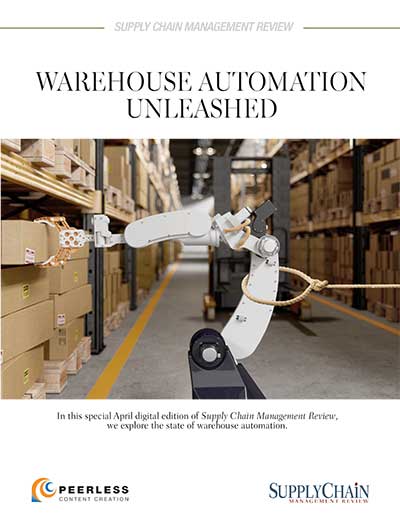“They always work the good horse to death,” is what a boss of mine used to tell me, as I looked at 300 emails from yesterday that still needed answered before getting to today's emails—and then there was the old fashioned paper inbox, overflowing. But that all had to wait because the boss's boss had an important meeting that I had to attend, followed by a second meeting to coordinate an inter-departmental response to the tasks from the first meeting, followed by yet another meeting to task my people.
And of course my best manager would get the lion's share of the work—he was the most reliable and efficient, I'd be crazy not to. What I liked best about him was that feeling that I didn't have to take the time to check on him because he always delivered something better than asked for, on-time, freeing me to attend yet more meetings.
Research indicates that supply chain managers collaborate for collaboration's sake, and that companies have no common understanding of each other's roles when it comes to solving problems and collaborating effectively. This mentality is unfair, and destroys your supply chain strategy. Interrupting one task with another adds 25% to the time to finish both while increasing the chance for errors. More errors creates a vicious cycle of more scrambling to fix errors while trying to catch up on lost time.
The long-term effect: you're ruining your best leaders' passion for their job. Burnout and job dissatisfaction are rampant, and it's your organization's fault. It boils down to poor time management; the range of tools that allow collaboration has increased tremendously, yet collaborating too much kills productivity.
Poor time management is a euphemism for “leadership failure.” It's easy to forward every email that comes into your box, yet too often not enough thought goes into the real responsibilities of leadership: have you prioritized this project in relation to other responsibilities? Do you have a clear policy for when work gets interrupted? Maybe most importantly, do you ensure that all the horses in your stable get worked regularly?
Good leaders know that sometimes a good horse is the result of extra attention that you give it.
SC
MR


Latest Supply Chain News
- Technology’s role in mending supply chain fragility after recent disruptions
- Tech investments bring revenue increases, survey finds
- Survey reveals strategies for addressing supply chain, logistics labor shortages
- Israel, Ukraine aid package to increase pressure on aerospace and defense supply chains
- How CPG brands can deliver on supplier diversity promises
- More News
Latest Resources

 Explore
Explore
Latest Supply Chain News
- Technology’s role in mending supply chain fragility after recent disruptions
- Tech investments bring revenue increases, survey finds
- Survey reveals strategies for addressing supply chain, logistics labor shortages
- Israel, Ukraine aid package to increase pressure on aerospace and defense supply chains
- How CPG brands can deliver on supplier diversity promises
- How S&OP provides the answer to in-demand products
- More latest news
Latest Resources

Subscribe

Supply Chain Management Review delivers the best industry content.

Editors’ Picks





